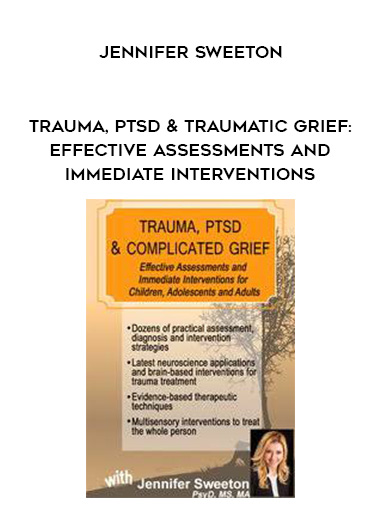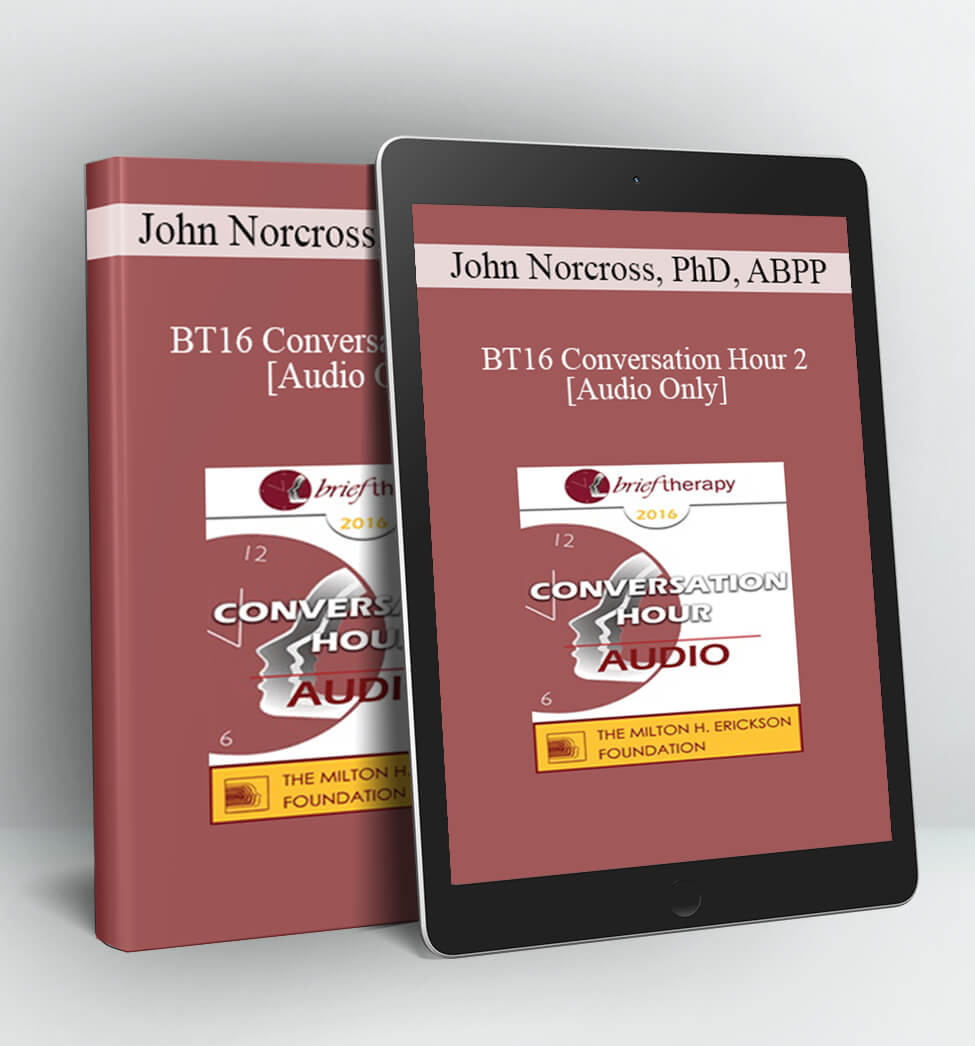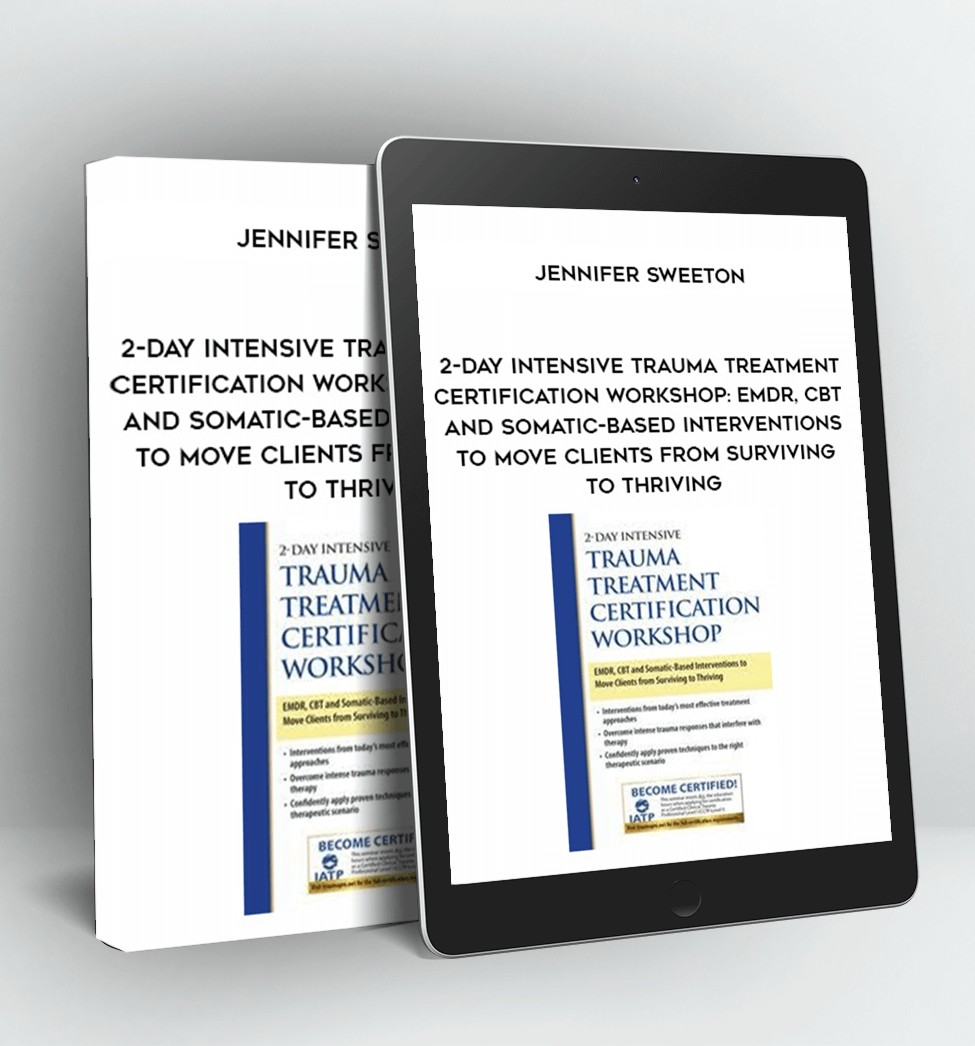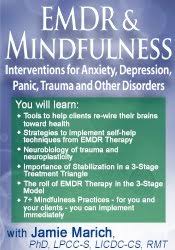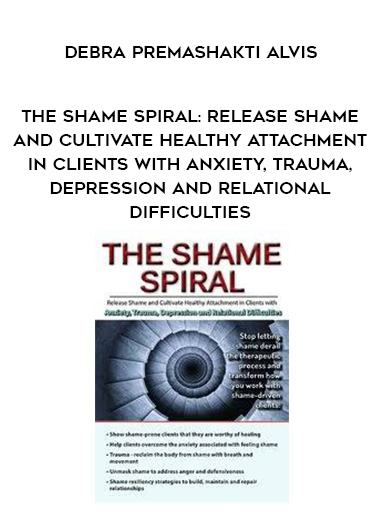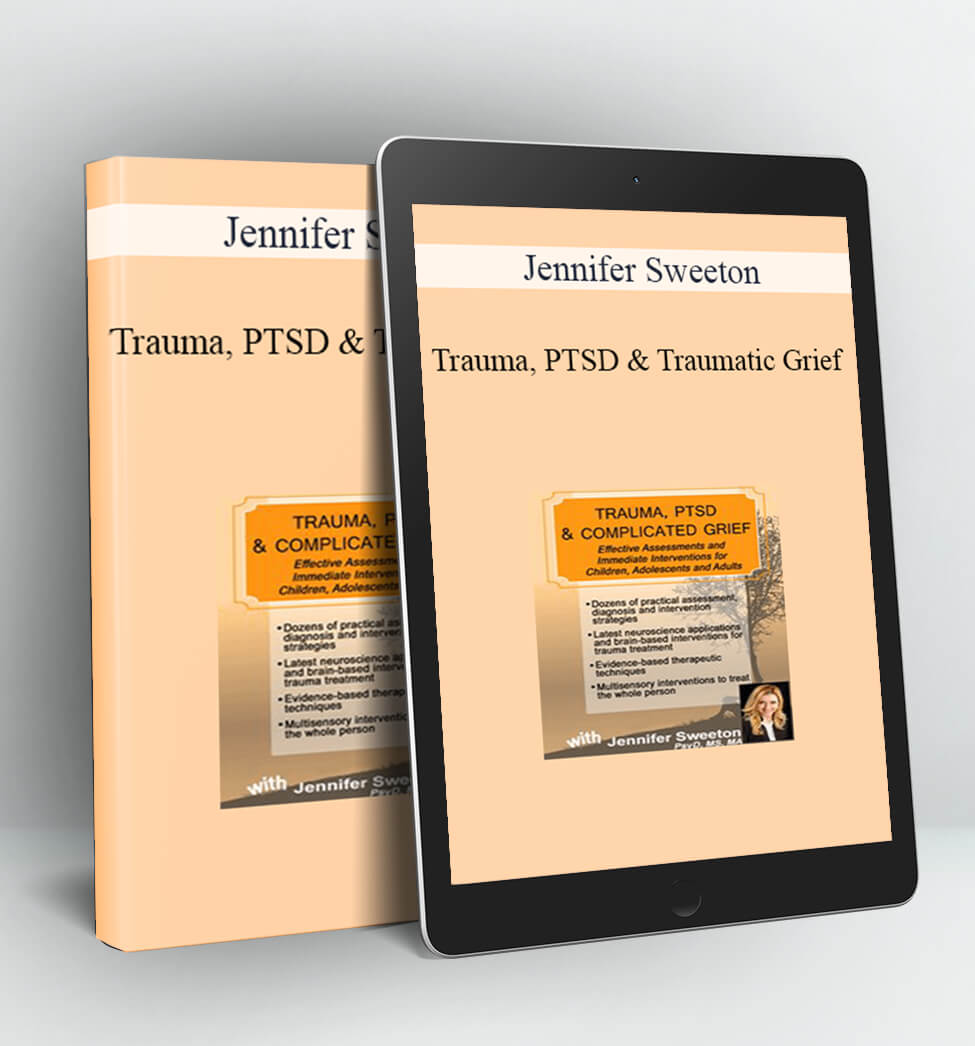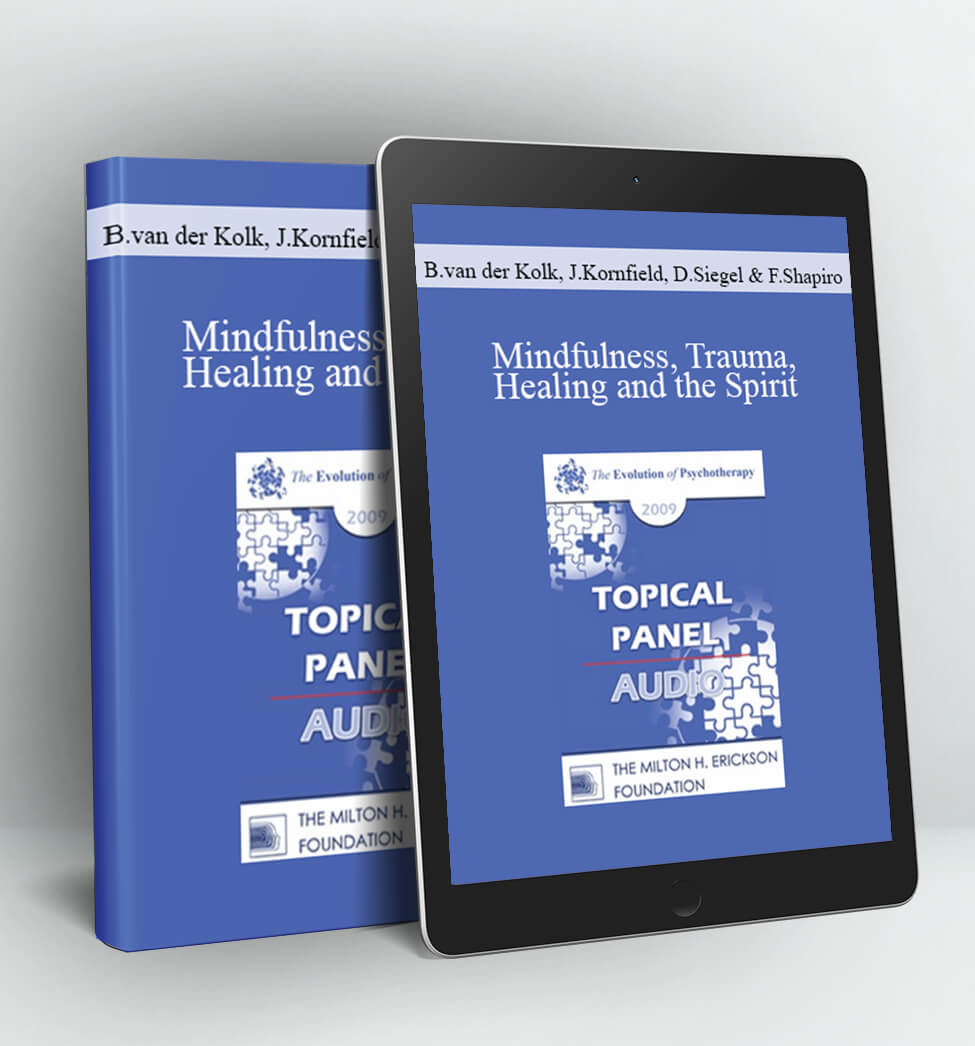TRAUMA, PTSD & TRAUMATIC GRIEF: EFFECTIVE ASSESSMENTS AND IMMEDIATE INTERVENTIONS – JENNIFER SWEETON
- Dozens of Practical Assessment, Diagnosis and Intervention Strategies
- Latest Neuroscience Applications for Trauma Treatment
- Evidence-Based Therapeutic Techniques
- Multisensory Interventions to Treat the Whole Person
Complete this training program to gain a set of organized skills and knowledge to intervene effectively with traumatized clients. Join Dr. Sweeton to learn the standard of care for treatment in the field of traumatic stress – and its key ingredients. Take home assessment tools that assess clients’ symptoms and therapy progress, discover how traumatic experiences impact the brain, and learn how to use this knowledge along with the Three-Stage Consensus Model to develop individualized treatment plans for clients.
During the workshop, engage in live practice of multiple brain rewiring techniques that can help traumatized clients recover from trauma and develop resilience after trauma. In addition, become familiar with the uniqueness of traumatic grief and learn how to address traumatic grief while implementing a variety of trauma-based interventions. Incorporate evidence-informed treatment techniques for establishing safety, desensitizing and reprocessing traumatic memories, recovering from traumatic loss, and assisting clients in reconnecting to lives full of hope, connection and achievement.
GET TRAUMA, PTSD & TRAUMATIC GRIEF: EFFECTIVE ASSESSMENTS AND IMMEDIATE INTERVENTIONS OF AUTHOR JENNIFER SWEETON
OUTLINE
Trauma
- Recognize and define trauma
- Single event vs. complex
- Intergenerational trauma
- PTSD
- Acute Stress Disorder
- Adjustment Disorder
- Differential Diagnosis-DSM-5®
Trauma and the Brain, Body, Mind: Immediate Assessment & Intervention
- Assess symptom clusters
- Review effective assessment tools
- Therapeutic relationship
- Commitment to treatment
- Trauma and the triune brain
- Disruptions in neural systems
- Attention
- Memory
- Affective stimuli
Loss and Traumatic Grief: Immediate Assessment & Intervention
- Traumatic and complex grief
- Grief, bereavement and DSM-5®
- Recovery from traumatic grief
Immediate Interventions: Understand the Three-State Consensus Model
- 3 phases of trauma focused treatment:
- Stabilization
- Integration
- Reconnection
- Manage body dysregulation & intrusive thoughts
- Explore effective treatment modalities
- EMDR
- Trauma-Focused CBT
- Prolonged Exposure
- Cognitive Processing Therapy
- Narrative Therapy
- Explore adjunct treatment approaches
- Somatic and focusing intervention components
- Mindfulness-informed components
- Acceptance and Commitment
- Therapy components
- Spiritual adaptations
- Building client resilience
- Address vicarious trauma in mental health providers
OBJECTIVES
- Describe the etiology and impact of traumatic stress on the client utilizing multiple assessment strategies.
- Identify the neurophysiological effects of trauma on the brain.
- Identify the four active ingredients to heal trauma.
- Demonstrate multiple treatment approaches to properly select the one that best fits the current phase of a client’s trauma experience.
- Recognize the biopsychosocial and spiritual manifestations of trauma, PTSD, and traumatic grief within the three phases of trauma recovery.
- Detect and build resiliency from your own trauma exposure response.

